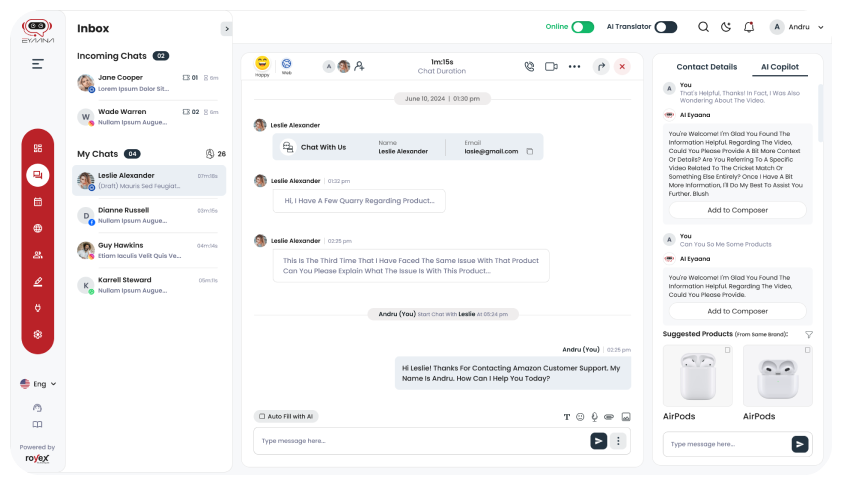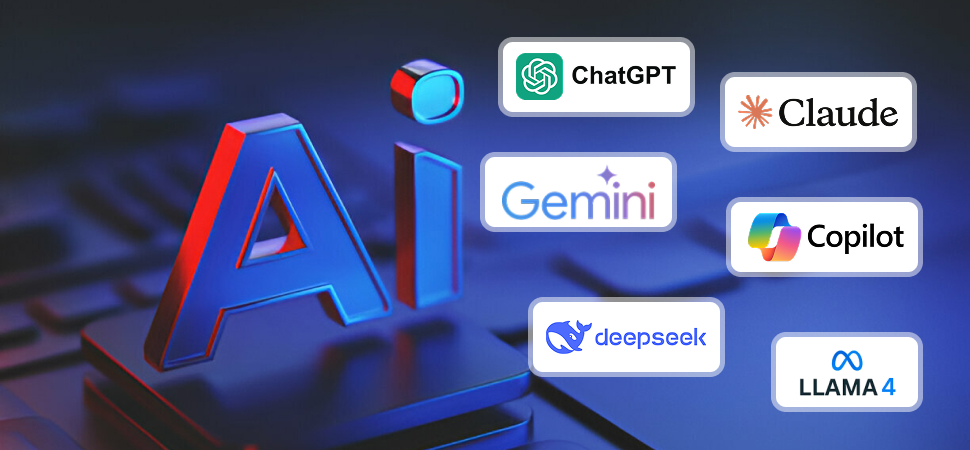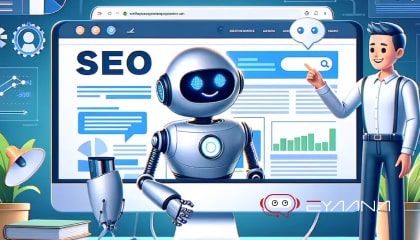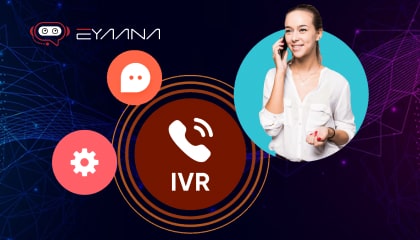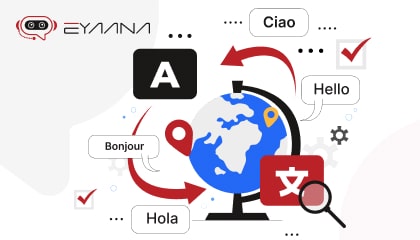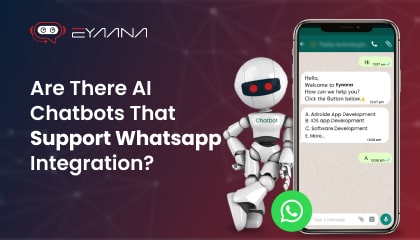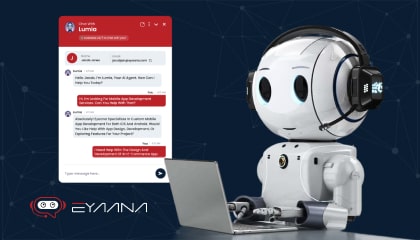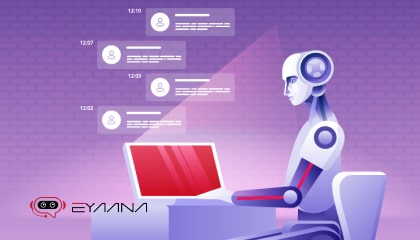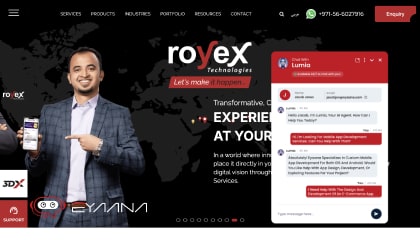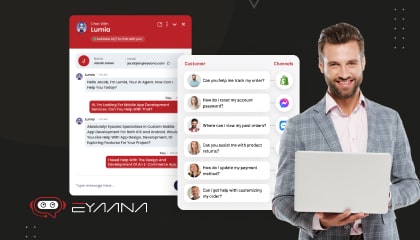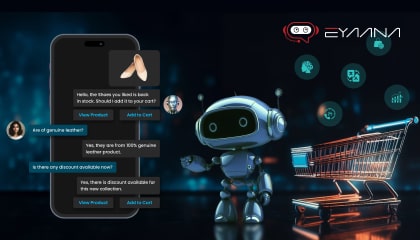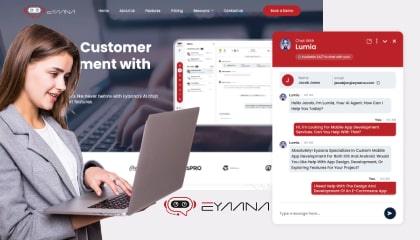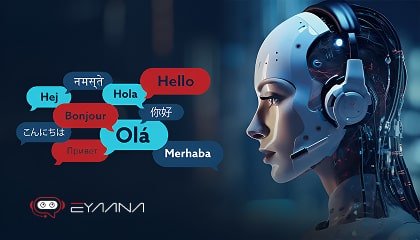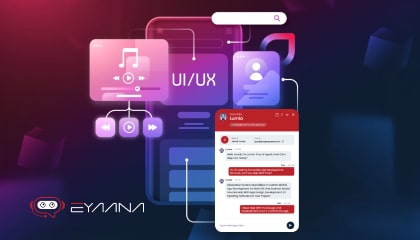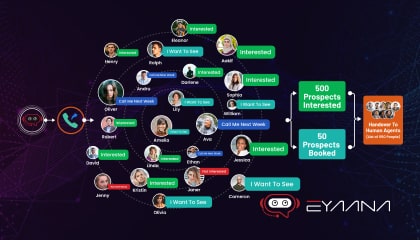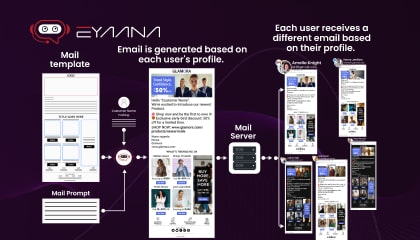Enquiry
Blog Details
Breaking the AI Adoption Barrier: Practical Steps for Business Transformation
Adopting AI can feel like a big challenge for many businesses. Some worry about the cost, while others fear it’s too complex to implement. However, AI is becoming a key tool for companies to stay competitive. It helps businesses automate tasks, improve customer service, and make better decisions using data. The real challenge is not whether to use AI but how to start the journey in a way that makes sense for the business.
This article will break down the steps to make AI adoption easier. From understanding business needs to choosing the right AI tools, we will explore practical ways to bring AI into daily operations. Whether a company is just starting or looking to expand its AI use, following a clear strategy can make the transition smooth and successful.
Key Challenges in AI Adoption
![key-challenges-in-ai-adoption-min[1].jpg](/media/vjbpn4ak/key-challenges-in-ai-adoption-min-1.jpg)
Adopting AI is not without hurdles. Businesses often encounter the following challenges:
-
Lack of Skills and Expertise: Many organizations struggle with a shortage of skilled professionals who understand AI technologies. This includes data scientists, engineers, and IT specialists. Without proper expertise, businesses may fail to identify relevant use cases or implement AI effectively.
-
High Costs: Implementing AI requires substantial financial investment in infrastructure, tools, and talent. The dynamic nature of AI technology also makes cost estimation complex, adding to budgetary concerns.
-
Data Complexity: Effective AI adoption depends on high-quality data. Challenges include integrating diverse data sources, cleaning and preparing data, ensuring governance, and safeguarding privacy. Poor data management can hinder AI's ability to deliver meaningful insights.
-
Project Complexity: Scaling AI across an organization involves intricate processes such as model development, integration with existing systems, and ongoing maintenance. These require cross-functional collaboration and careful project management.
-
Resistance to Change: Organizational culture can resist adopting new technologies like AI due to fear of disruption or lack of understanding about its benefits. This resistance can slow down implementation efforts.
Practical Steps for Business Transformation
![practical-steps-for-business-transformation-min[1].jpg](/media/acxjtcab/practical-steps-for-business-transformation-min-1.jpg)
Here's a breakdown of actionable steps to break down the AI adoption barrier:
1. Define a Clear AI Strategy:
-
Identify Business Problems: Start by identifying specific business challenges that AI can address. For example, improving customer service, optimizing supply chains, or automating repetitive tasks.
-
Align with Business Goals: Ensure that your AI strategy aligns with your overall business objectives.
-
Start Small and Iterate: Begin with pilot projects to test and validate AI solutions before scaling up.
-
Develop a Roadmap: Create a clear roadmap outlining the steps, timelines, and resources required for AI implementation.
2. Address Data Challenges:
-
Data Governance: Establish robust data governance policies to ensure data quality, consistency, and security.
-
Data Infrastructure: Invest in a modern data infrastructure that can handle large volumes of data and support AI applications.
-
Data Accessibility: Make data easily accessible to relevant teams while maintaining data privacy and security.
-
Data Cleaning and Preparation: Establish processes for cleaning and preparing data for AI models.
3. Bridge the Skill Gap:
-
Training and Development: Invest in training programs to upskill existing employees in AI and data science.
-
Hire Talent: Recruit skilled professionals in AI, data science, and related fields.
-
Partnerships: Collaborate with AI vendors, research institutions, or consulting firms to access specialized expertise.
-
Promote AI Literacy: Educate all of your employees on the basics of AI, and how it will be used within the company.
4. Manage Change and Foster Adoption:
-
Communicate Effectively: Clearly communicate the benefits of AI to employees and address their concerns.
-
Involve Employees: Involve employees in the AI implementation process to foster a sense of ownership.
-
Provide Training and Support: Offer comprehensive training and ongoing support to help employees adapt to new AI-powered tools and processes.
-
Showcase Success Stories: Highlight successful AI projects to demonstrate the value of AI and build confidence.
5. Measure ROI and Manage Costs:
-
Define Key Performance Indicators (KPIs): Identify relevant KPIs to measure the impact of AI on business outcomes.
-
Track and Analyze Results: Regularly track and analyze the performance of AI solutions to assess their effectiveness and identify areas for improvement.
-
Optimize Costs: Explore cost-effective AI solutions and optimize resource allocation.
-
Conduct Pilot Projects: Small test projects give real world data regarding cost and potential ROI.
6. Address Ethical Concerns:
-
Develop Ethical Guidelines: Establish clear ethical guidelines for the development and use of AI.
-
Ensure Data Privacy: Implement robust data privacy measures to protect sensitive information.
-
Address Bias: Take steps to mitigate bias in AI algorithms and ensure fairness.
-
Transparency and Accountability: Promote transparency in AI decision-making and establish clear lines of accountability.
Real-World Success Stories
Several companies have successfully adopted AI to transform their operations:
-
Microsoft Copilot: Organizations like McDonald’s China use Microsoft Azure AI tools to automate tasks, saving thousands of hours monthly and boosting productivity.
-
Medigold Health: Leveraged Azure OpenAI Service to reduce clinicians' administrative workload significantly7.
-
Mars Science & Diagnostics: Developed generative AI apps for faster diagnosis of pet health conditions.
These examples highlight how tailored approaches to AI adoption can yield substantial benefits across industries.
Conclusion
Breaking the barriers to AI adoption requires strategic planning, investment in resources, and a cultural shift within organizations. By addressing challenges like skill shortages, data complexity, and resistance to change while focusing on scalability and collaboration, businesses can harness the power of AI for transformation. With careful execution, companies can turn potential roadblocks into stepping stones toward innovation and growth.
d news? It’s never too late to start embracing AI. Whether it’s implementing AI-driven chatbots, automating processes, or enhancing cybersecurity, even small steps can make a significant impact. The choice is simple: adapt and thrive, or resist and risk being left behind.
Why Eyaana is the Best Choice for AI Chatbot?
![why-eyaana-is-the-best-choice-min[1].jpg](/media/iz0dvyta/why-eyaana-is-the-best-choice-min-1.jpg)
If you’re looking for a powerful yet user-friendly ai chatbot, Eyaana is worth considering. With Eyaana, businesses can seamlessly turn website traffic into live, engaging conversations, making it easier to convert leads into customers.
Eyaana is designed to be an AI-first customer support and sales solution, meaning it comes with powerful automation features, yet it’s easy to use even for non-technical teams. Its inbuilt CRM and helpdesk make customer management simple, while its AI-driven chat capabilities provide a smart, personalized experience for users.
Inbuilt CRM and Helpdesk: Eyaana comes with a built-in CRM and helpdesk, allowing businesses to manage customer data and support interactions in one place.
Flexible Pricing: Choose from Eyaana’s Lite and Pro packages starting from $99/month, with flexible, commitment-free tiers tailored to suit businesses of all sizes.
Multilingual Support: Engage a diverse audience with language options like Arabic, English, Hindi, and Urdu.
AI-First Design: Eyaana’s chatbot learns over time, enhancing customer interactions and turning site visits into conversations.
Scalability: Eyaana adapts to business growth, handling higher customer interactions with ease.
24/7 Support & Analytics: Real-time data and round-the-clock support help improve customer experiences.
For businesses looking to implement 24/7 customer support, Eyaana offers an excellent solution. With advanced AI capabilities, Eyaana is designed to provide fast, accurate, and personalized customer service around the clock. By choosing Eyaana, businesses can ensure that their customers are always taken care of, without needing to rely on human agents for every single inquiry. Whether it’s for answering questions, troubleshooting issues, or processing orders, Eyaana can help businesses deliver seamless 24/7 support with ease.
To explore how AI can enhance your business operations, sign up for free and get started with Eyaana today.
Do you need help?
We will provide detailed information about our services, types of work, and top projects. We will calculate the cost and prepare a commercial proposal.
